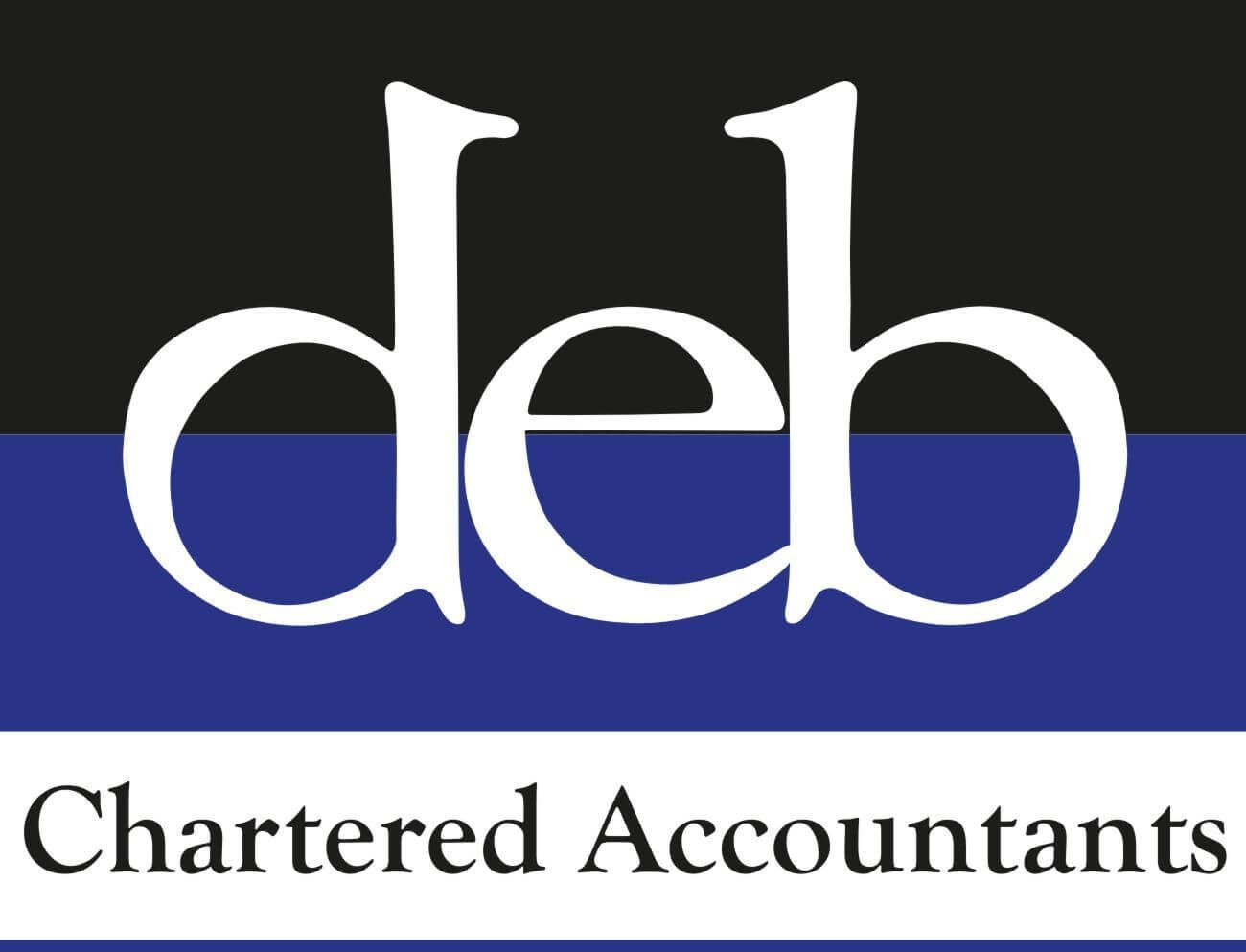
Doing PAYE and National Insurance can be complicated and time-consuming. DEB provides expert Payroll Services so you don’t need to worry about making errors and being fined. We help to mitigate the risk of tax or NI liabilities and notify HMRC before setting up a PAYE system for you.
DEB provides a cost-effective solution to keep you compliant!
Call us today on 01226 245824 to find out more!
Contact Details
Deb Chartered Accountants
Address of Business
19 Middlewoods Way, Carlton, Barnsley S71 3HR
Business phone number
Business Email
Get In touch
Thank you for contacting us.
We will get back to you as soon as possible.
We will get back to you as soon as possible.
Oops, there was an error sending your message.
Please try again later.
Please try again later.




